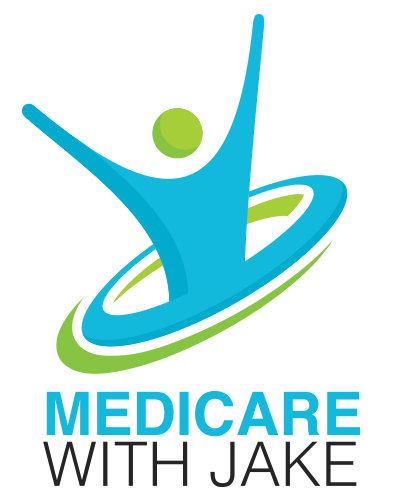Medicare Explained

Medicare Explained
Once you have completed enrollment, you gain access to medical services at costs lower than you could get before. Here we will give a detailed look into what happens immediately after your enrollment, what your Medicare policy will do for you, and give you information as to how you can get started.

Interested in learning more?
After enrollment
Medicare takes effect according to when you signed up. If you signed up during your Initial Enrollment Period, your coverage begins the first day of the month you turn 65 if you join during the first three months. If you enroll the month you turn 65, your coverage begins the next month. If you enroll a month after, coverage begins two months later, and then if you join during the second and third months after, your coverage begins three months later.
As for General Enrollment (January 1 through March 31), Medicare coverage kicks in on July 1.
And if you joined Medicare Advantage and decided to switch during Open Enrollment (October 15 through December 7), your new coverage starts January 1.
There are four Parts to choose from
Medicare as a whole is made up of Parts – Medicare Part A, B, C, and D. Each one of these requires separate enrollment because they function independently. No two Parts are alike, even when it comes to premium costs and the amount they save on medical supplies and treatments.
Medicare Part A
This is the inpatient component. When you’re admitted into a hospital, mental health facility, skilled nursing facility, or hospice, you are obligated to cover the costs for whatever treatments you receive during your stay. Thankfully, Medicare Part A helps fight these costs by covering the services you get while you are getting inpatient services.
Medicare Part B
This covers treatments for services you get when you’re not an inpatient. This can take place at a hospital if you are not admitted as an inpatient. Medicare Part B has a wide range of costs covered:
- Screenings
- X-rays
- Durable medical equipment (such as insulin pumps and CPAP machines)
- Vaccinations
Medicare Part C and D
Medicare Part C is better known as Medicare Advantage. It’s a composite of the other Medicare Parts with additional coverage the others don’t offer. These are services such as dental, vision, and hearing. Part C is offered through private insurance companies, and you must first enroll in Medicare Part B before you can get it. While you can use Original Medicare in any facility in the U.S. that accepts Medicare, you can’t do the same with this plan. This plan limits you to a provider network, and in some cases, healthcare providers outside your network can refuse to treat you (with the exception of emergencies).
Part C has other limitations. For instance, you won’t be able to have a Medicare Supplement plan if you have Part C. And you will not be able to get Medicare Part C and keep your employer’s health insurance. Medicare Part C is a plan that has to stand on its own.
Part D is Medicare’s prescription drug plan and has the most elaborate costs and coverage out of all.
Put information into action
Medicare With Jake is your answer to your Medicare questions. We may be in Wichita, Kansas, but we are ready to help you no matter where you are. If you are thinking about Medicare, or already eligible for it, give us a call, and we’ll provide a free quote and we can set you up with a policy that works best for you.

